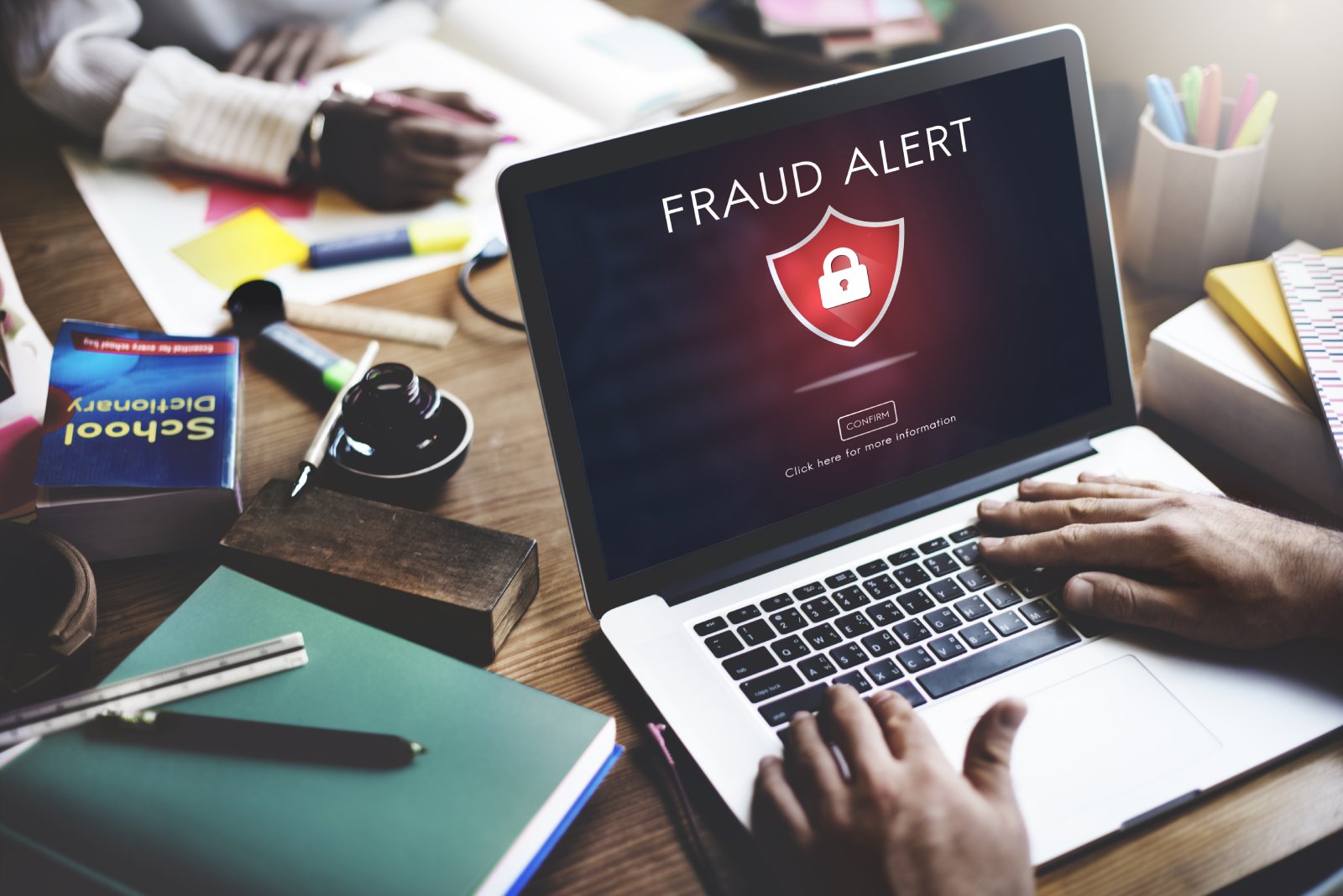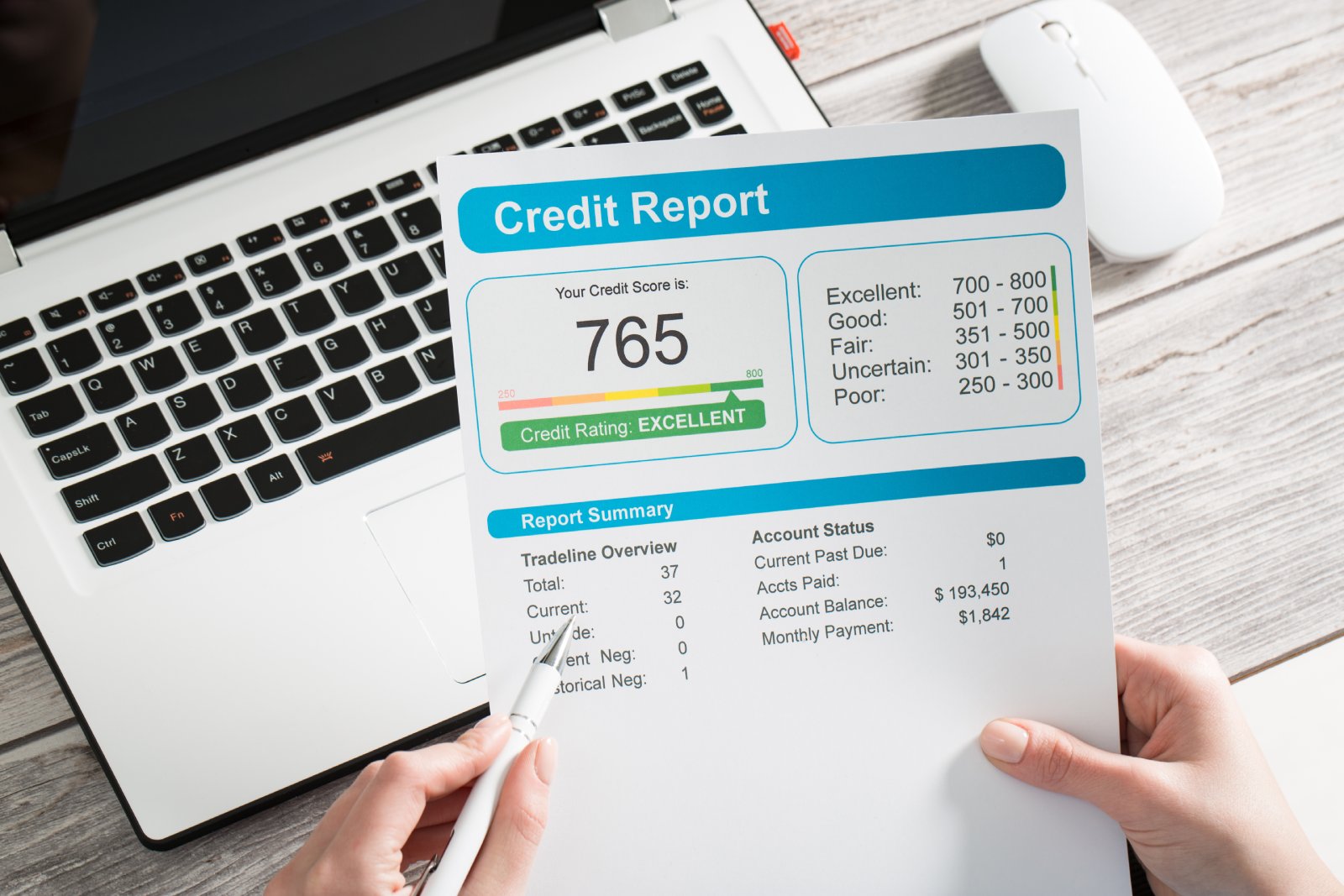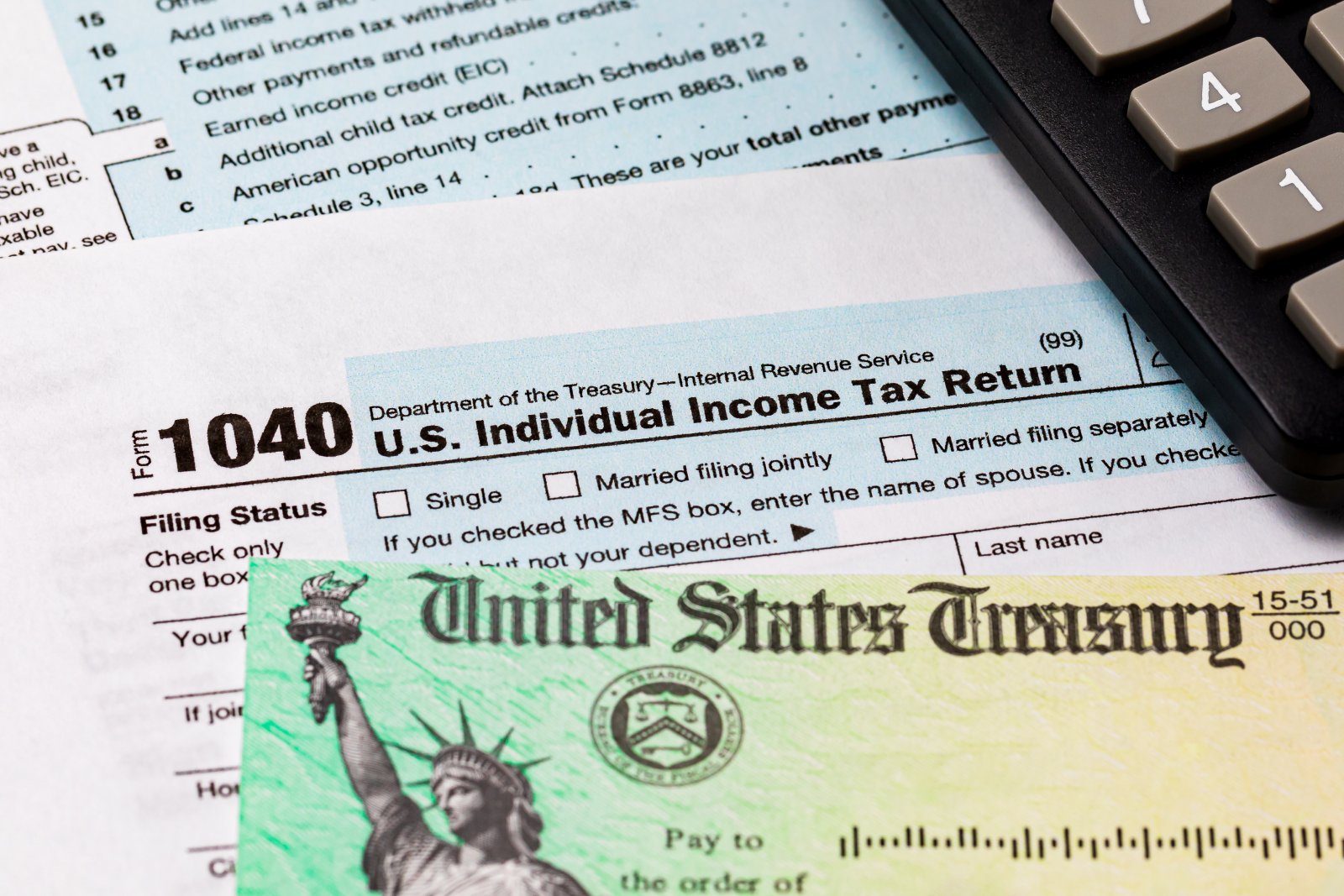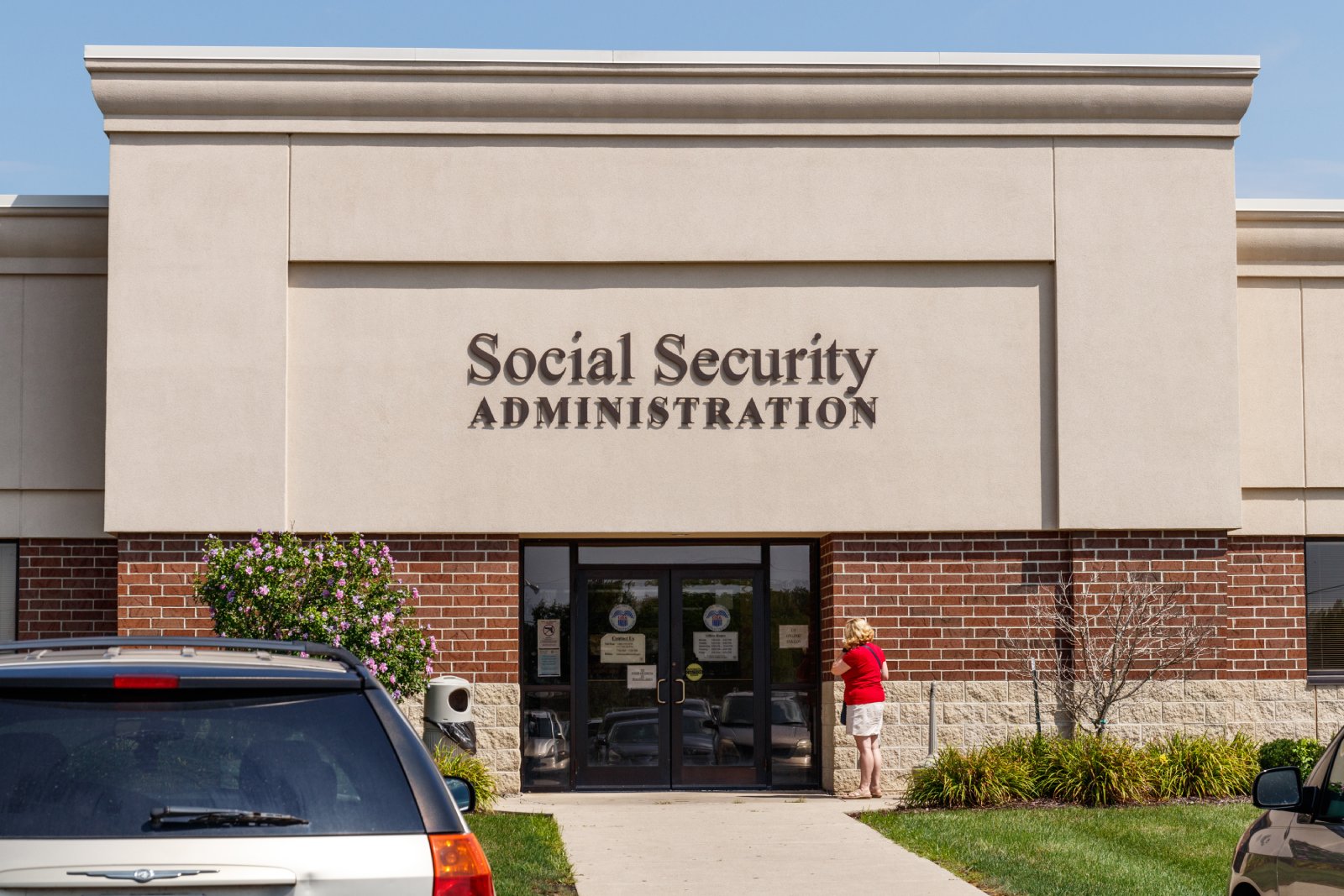Let’s get straight to it—hackers may have stolen the Social Security numbers of nearly every American. Yep, you read that right. A jaw-dropping 2.7 billion data records have been leaked, and a lot of them include Social Security numbers. If you’re thinking, “Well, that’s terrifying,” you’re not alone. But don’t panic just yet—there are steps you can take to protect yourself.
What’s Going On?

This isn’t some hypothetical scenario. According to recent reports, this is one of the biggest data breaches in history, and it’s serious. Hackers have dumped these records on the dark web, making them accessible to anyone with a bit of digital know-how. So, if you haven’t been paying attention to cybersecurity, now’s the time to start.
What You Need to Do Right Now

In the wake of such a massive breach, immediate action is crucial to safeguard your financial information.
1. Freeze Your Credit

First thing’s first—freeze your credit. This is like putting your financial information on lockdown, preventing anyone (even you) from opening new accounts in your name. The good news? It’s free, and you can do it with the three major credit bureaus: Equifax, Experian, and TransUnion.
2. Monitor Your Accounts

You know that habit of skimming through your bank statements? It’s time to take it seriously. Hackers often start with small, sneaky charges before going big. Spotting these early could save you from a world of hurt. If something looks off, report it ASAP.
3. Set Up Fraud Alerts

A fraud alert is like putting up a “Do Not Enter” sign on your credit file. It makes it harder for identity thieves to open accounts in your name because creditors have to verify your identity before approving new credit. Plus, it’s free—so why not?
4. Keep an Eye on Your Credit Reports

You get a free credit report from each of the major bureaus once a year—use them! Check for anything that doesn’t add up. If you find something shady, dispute it immediately with the credit bureau.
5. Beware of Phishing Scams

After a breach like this, you can bet that scammers will be out in full force. Be super cautious with emails, texts, or calls asking for personal information. If something feels off, it probably is. Trust your gut and avoid clicking on sketchy links.
Long-Term Moves

Once you’ve taken immediate steps to protect yourself, it’s important to adopt long-term strategies that keep your personal information secure and help you stay ahead of future threats.
1. Think About Identity Theft Protection

Identity theft protection services like LifeLock or IdentityForce can be a smart investment. They monitor your info and give you a heads-up if something looks fishy. Some even offer insurance to cover losses due to identity theft.
2. File Your Taxes Early

Believe it or not, hackers love tax season. Filing your taxes early can stop them from beating you to the punch and filing a fraudulent return in your name.
3. Stay Informed

The world of cybersecurity is always changing. Stay updated on the latest threats and protect yourself accordingly. It’s like keeping up with the news but way more important for your wallet.
The Bottom Line

It’s a scary world out there, and the idea that your Social Security number could be floating around the dark web is downright terrifying. But by taking these steps, you can protect yourself and keep the hackers at bay. So, don’t wait—take action now and make sure you’re not the next victim.
Millennials Are Over It: 25 Reasons Woke Culture Is Losing Its Charm

Has the push for progress tipped too far into preachiness? Here’s why many Millennials might think so. Millennials Are Over It: 25 Reasons Woke Culture Is Losing Its Charm
Is It Time Boomers Paid the Price for America’s Economic Inequality?

The American Dream feels more elusive than ever, especially for younger generations. What was once achievable through hard work now faces significant hurdles, from skyrocketing college costs to the challenging pursuit of homeownership. Here’s a look at why it’s tougher for Millennials and Gen Z compared to Baby Boomers. Is It Time Boomers Paid the Price for America’s Economic Inequality?
Rent Crash in California: Landlords Scramble as Prices Take a Hit

California’s rental market is taking a nosedive, with major cities seeing huge drops in rent prices. Rent Crash in California: Landlords Scramble as Prices Take a Hit
Featured Image Credit: Shutterstock / Nebojsa Tatomirov.
The content of this article is for informational purposes only and does not constitute or replace professional advice.
The images used are for illustrative purposes only and may not represent the actual people or places mentioned in the article.
For transparency, this content was partly developed with AI assistance and carefully curated by an experienced editor to be informative and ensure accuracy.





Leave a Reply